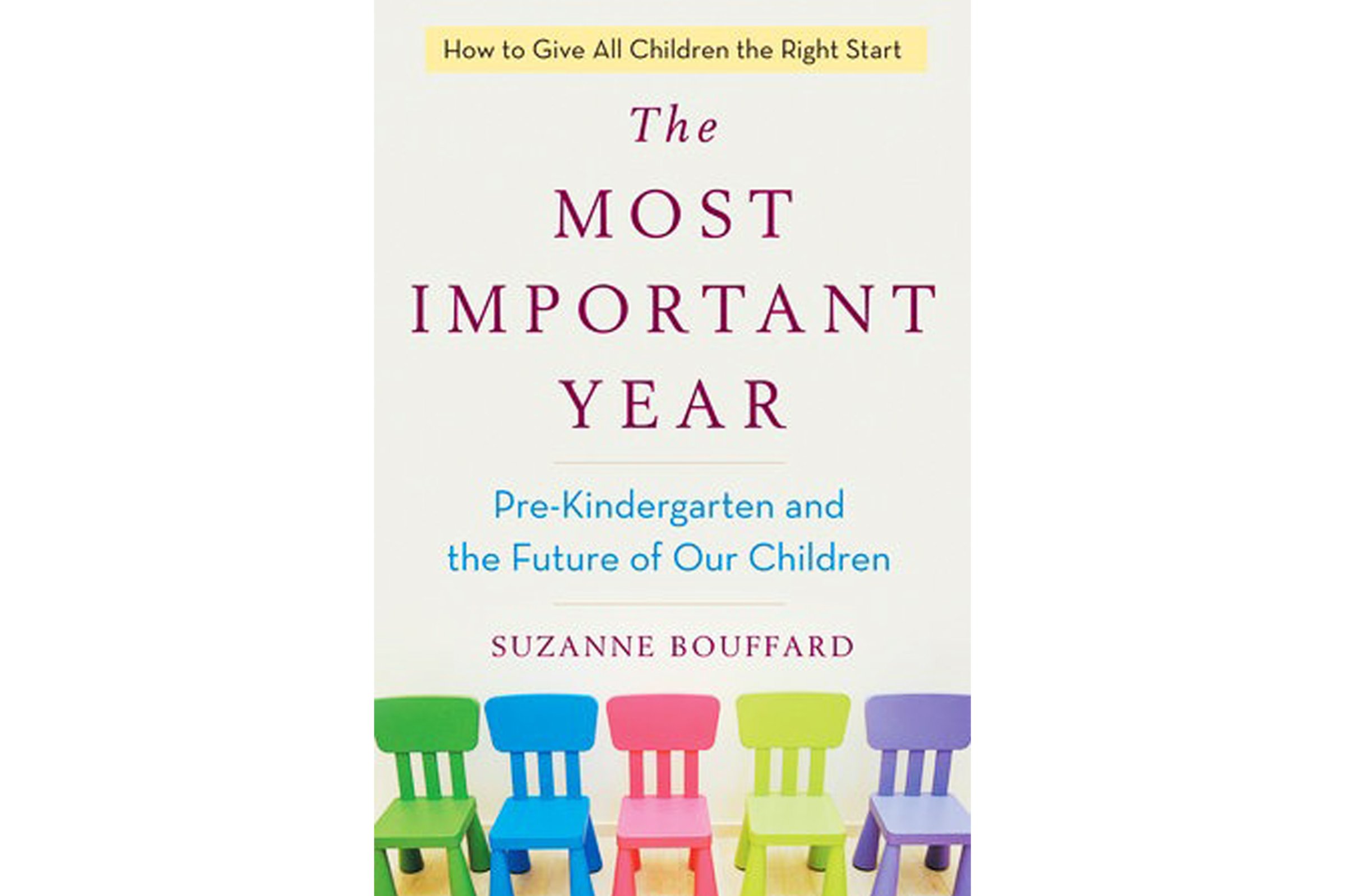
Thanks to universal pre-K programs in cities like New York and Seattle, more 3- and 4-year-olds have access to education than ever before. But one-third of American children are still underserved, and that’s a huge problem, argues child-development expert Suzanne Bouffard in her new book, The Most Important Year.
Studies show that children’s brains develop at a much faster rate during pre-K years, meaning better schooling then can lead to better skills later on–in reading, math, self-control and even parenting. That said, Bouffard stresses that public offerings could be even more effective if they prioritized features that help kids’ cognitive development–like highly trained teachers and open interactions with peers–over tests and heavy regulation.
But in any case, she concludes, it’s critical that pre-K become universally accessible because the kids “who often end up left out … are among those who most need the benefits it can provide.”
More Must-Reads from TIME
- Why Trump’s Message Worked on Latino Men
- What Trump’s Win Could Mean for Housing
- The 100 Must-Read Books of 2024
- Sleep Doctors Share the 1 Tip That’s Changed Their Lives
- Column: Let’s Bring Back Romance
- What It’s Like to Have Long COVID As a Kid
- FX’s Say Nothing Is the Must-Watch Political Thriller of 2024
- Merle Bombardieri Is Helping People Make the Baby Decision
Contact us at letters@time.com